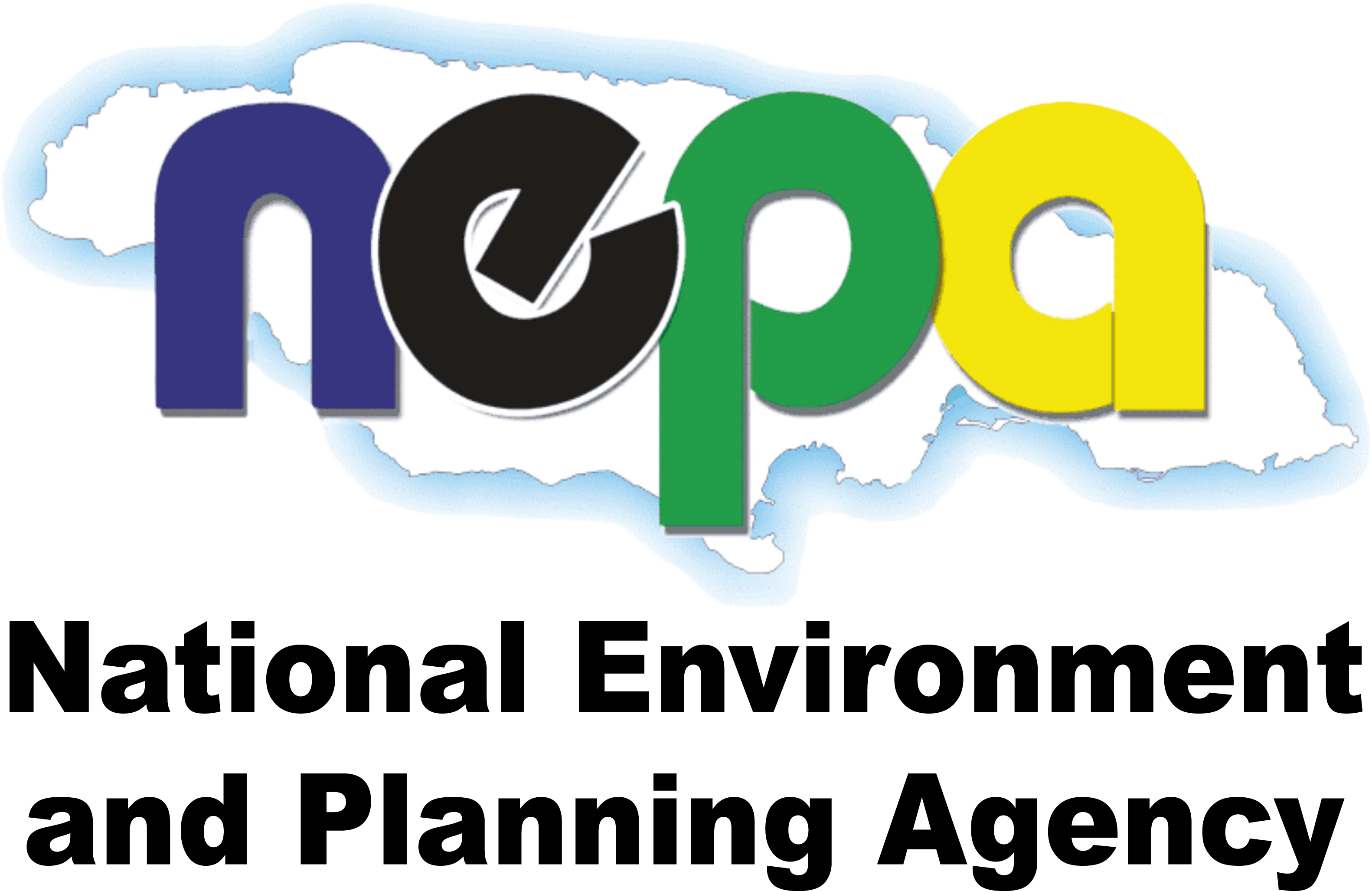NEPA CAUTIONS AGAINST ATTACKS ON SEA TURTLES BY PETS
Published Date: November 23, 2023
The National Environment and Planning Agency (NEPA) is cautioning dog owners that they could find themselves in trouble with the law if their pet attacks sea turtles. This, as the Agency has received reports that pets and wild dogs have been attacking sea turtle nesting areas and eating the hatchlings on several beaches across the island.
This problem is particularly acute in areas where there are high densities of dogs, such as near tourist resorts and fishing villages. Despite the joint efforts of NEPA and a number of non-governmental agencies and concerned citizens, dogs continue to uproot sea turtles’ nests, eat the eggs and hatchlings, maim, and in extreme cases, kill adult sea turtles.
Sea turtles are already facing numerous challenges, including habitat loss, pollution, and climate change. The addition of the dog attacks exacerbate the sea turtles chances of survival, as the population is currently considered endangered by the International Union for Conservation of Nature (IUCN).
NEPA is therefore reminding the public that sea turtles are “protected animals” under The Wild Life Protection Act (WLPA) 1972, and it is an offence under section 6 of the WLPA for a person to hunt any “protected animal.” “Hunt”, in section 2 of the Act is defined as “kill, capture or wilfully molest by any method and any attempt to kill, capture or molest any animal or bird.”
The “owner of an animal” according to section 2 of The Keeping of Animals Act 1979 “means the owner in possession or person in charge of any animal.” Section 7 of the Act provides that “whosoever shall allow- (a) any prohibited animal to be at large within a prohibited area; or (b) any prescribed animal to be at large within a restricted area, shall be guilty of an offence and liable on summary conviction…”
Section 5 of the Cruelty to Animals Act 1960 stipulates that “Every person who, by wilful negligence, causes any injury, suffering to any animal, shall be guilty of an offence against the Act.” Additionally, Section 16 of the Act allows for the owner of the offending animal to make additional payments for veterinary treatment, and the Court may direct that the animal that committed the offence be slaughtered in “a manner as to inflict as little pain and suffering as practicable.”
This legislation brings into focus offences for the mishandling of one’s animal where the mishandling results in the death, harm or injury of any endangered or protected species. Owners should therefore be aware of the location of their animals and not allow them to roam, especially in protected areas.
Sea Turtles Survival Rate
Sea turtles take decades to reach sexual maturity—between 20 and 30 years, and on average, sea turtles lay 110 eggs in a nest, an average of between 2 to 8 nests a season. In addition, the same individual turtle does not nest every year, but rather every 2-5 years. It is estimated that only 1 in 1000 hatchlings survive to maturity making the loss of a nesting female extremely devastating.
What can be done?
There are a number of things that can be done to reduce the threat posed to nesting sea turtles in Jamaica. These include:
- Ensuring that signs are erected in areas where sea turtles and nesting are common;
- Keeping dogs on a leash when they are near beaches;
- Ensuring that the population is aware of the offences under the WLPA, Cruelty to Animals Act, Keeping of Animals Act;
- Ensuring dogs are not permitted in the vicinity of areas where sea turtles occupy during nesting and hatching periods;
- Spaying or neutering your dog to reduce the number of stray dogs;
- Supporting organizations that are working to protect sea turtles in Jamaica by volunteering and making donations to assist with the monitoring of these sea turtle nesting and hatching sites.
- Volunteer for participation in NEPA’s sea turtle monitoring exercises
By taking these steps, persons can assist with ensuring the survival of sea turtles in Jamaica.
To learn more about sea turtles and other endangered species, visit NEPA’s website at https://www.nepa.gov.jm.

For more information, please contact:
Public Education and Corporate Communication Branch
Tel: (876) 754-7540, ext. 2751 Fax: (876) 754-7596
CUG: (876) 564-9397
Email: angela.hamilton@nepa.gov.jm
Website: www.nepa.gov.jm
- Log in to post comments

